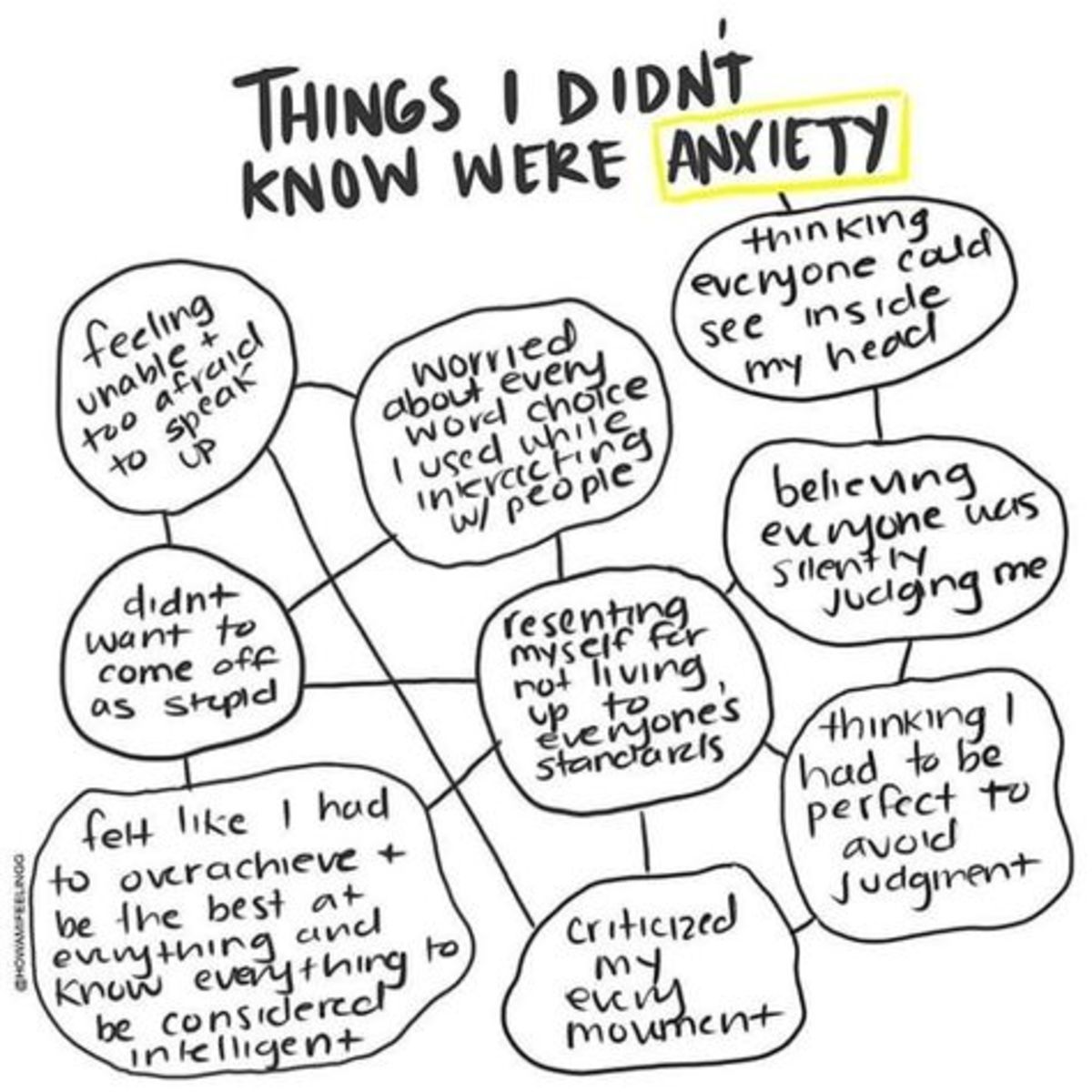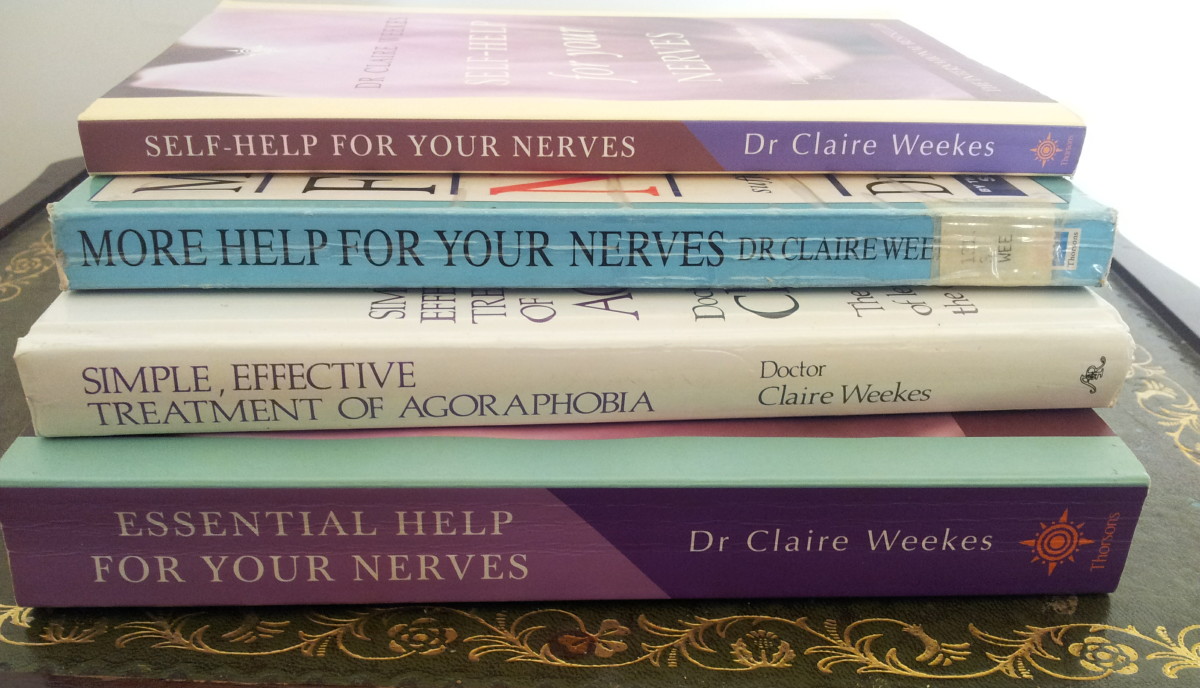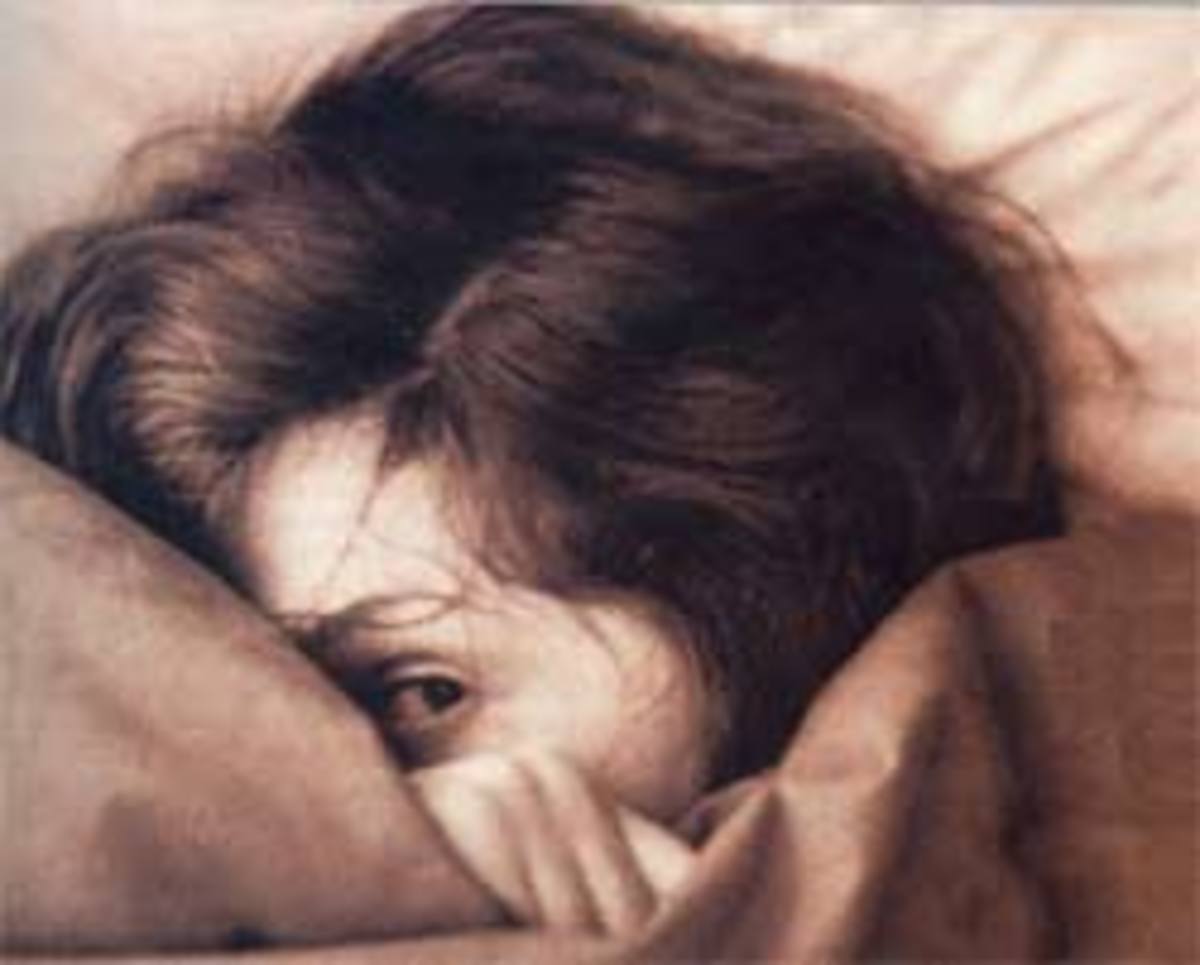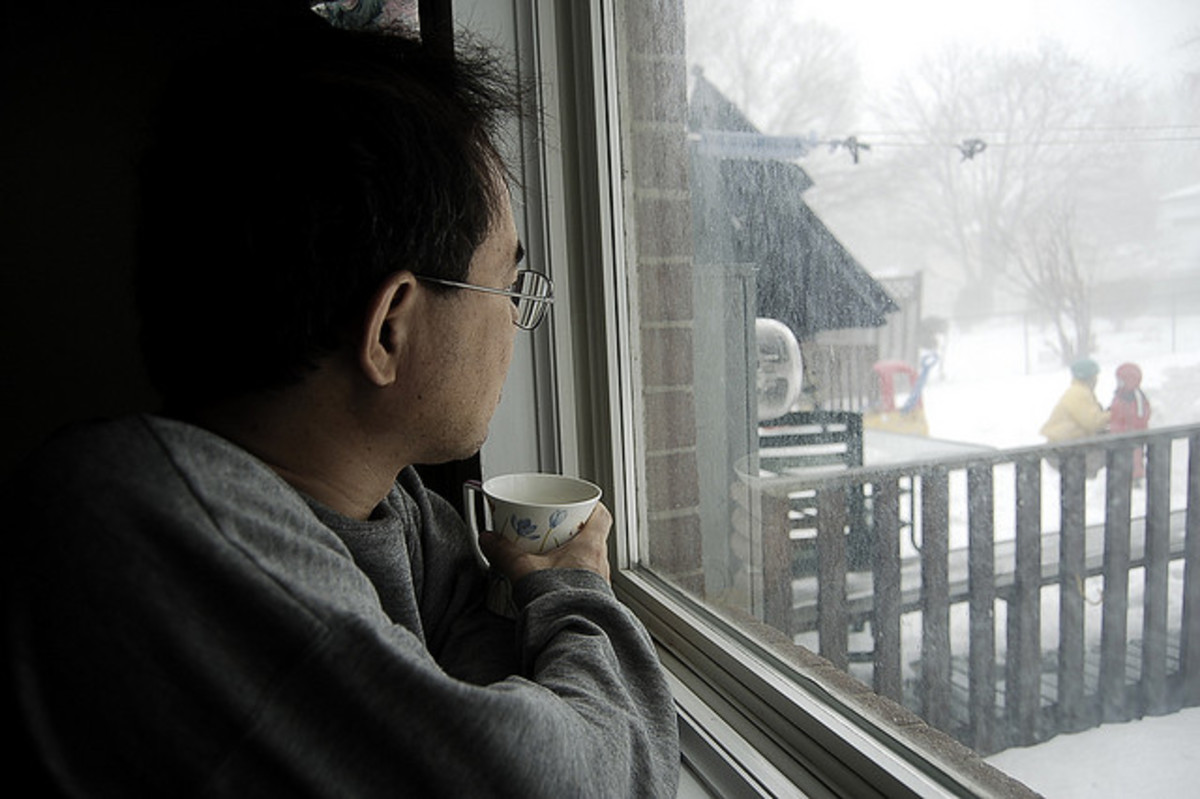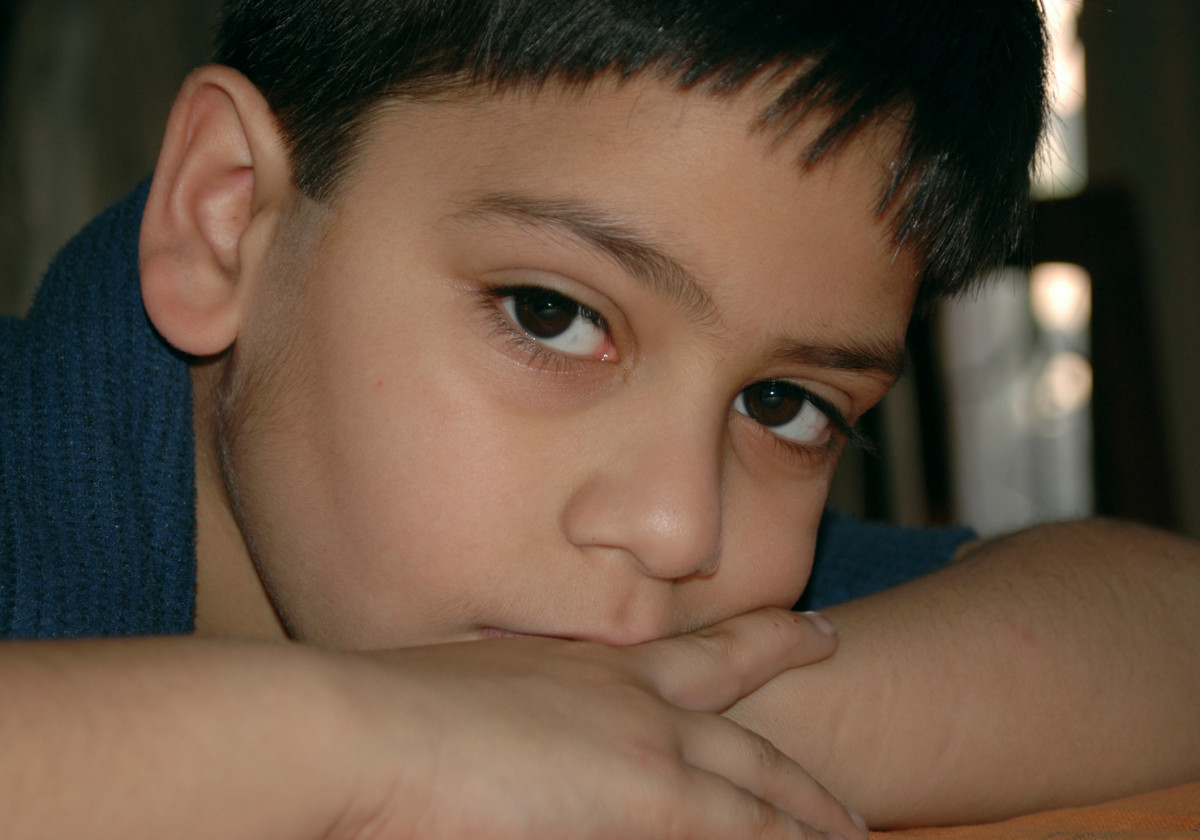How to Deal with Anxiety

Anxiety is a mechanism in our brain that serves to alert us to adverse and unknown situations. Under normal circumstances, it improves our performance and helps us adapt to different situations. Therefore, we can describe anxiety as a healthy and necessary emotion, as it makes us react to problems and adversity. When normal, anxiety can be seen as a state of tension that arises in certain situations seen as threatening. However, in excess, anxiety can have the opposite effect and simply paralyze us. In these cases, it becomes pathological and needs to be treated.
Establishing the boundary between normal and pathological is not easy, but we can establish that this limit is crossed when it causes us suffering and significantly interferes with our daily lives.
Anxiety then causes a feeling of great physical and psychological discomfort, together with insecurity, anxiety, anguish and even despair.
Some prevalent symptoms in anxiety:
- Dizziness, feeling faint;
- Tremors, restlessness and muscle tension;
- Sweating (intense sweating);
- Shortness of breath, choking or choking;
- Tachycardia, fast heart rate;
- Changing sleep patterns;
- Concentration difficulties;
- Gastrointestinal changes;
- Tiredness and fatigue;
- Irritability and aggressiveness;
- Excessive fear and worry.
The most common types of anxiety disorders are:
- Phobias;
- Obsessive-compulsive disorder;
- Panic attack;
- Post-traumatic stress disorders;
- Generalized anxiety.
Tips to help you dealing with anxiety:
Live in the present.
How many times do you find yourself thinking about a past event or worried about something that might happen in the future? In both situations, you are not living in the present moment, nor are you aware of what is happening in the here and now, and that can generate anxiety. When you realize that you are "out of the present", gently return your attention to what you are seeing, hearing, experiencing. Mindfulness meditation is a tool that can be very useful.
Breathe.
Anxiety causes short, wheezing breathing. By regaining control of your breathing, you can, in the opposite direction, calm your mind. Take a few deep breaths, preferably through your nose, or apply one of the various breathing techniques that exist to send your brain the message that you are calm. Breathing will be your anchor to return to the present and calm.
Monitor your thoughts.
A very common symptom in anxiety cases is intrusive and negative thoughts. It is important that you become aware of them and, without criticism or judgment, try to look at the situation from a different and positive perspective. Remember that you may not be able to control or change the situation, but you can choose how you deal with it.
Practice physical exercise.
Practicing physical exercise helps to deal with anxiety states, because it increases the production of serotonin, a substance that increases the sensation of pleasure. Choose an activity to your liking and invest in it. If it's outdoors, even better! Nature and fresh air help us a lot. Taking long walks and yoga have been shown to be very beneficial activities in cases of anxiety.
Sleep well and take care of your food.
Sleeping well and in a restorative way can be a great help in cases of anxiety. For this, it is important to cultivate sleep hygiene, minimizing distractions and lights, having a cozy atmosphere in the room and not having heavy meals before going to bed.
Regarding food, we can eat foods that are sources of tryptophan, a precursor amino acid of serotonin, such as bananas and chocolate. Teas are also great aids, as most have substances that work as mild sedatives and can help control daily anxiety. The best known and studied plants with this action are passionflower, chamomile and valerian.
Spend time with those who do you good.
Being with someone who feels good or doing an activity that you like is very important, as it will stimulate four natural chemicals in our bodies, usually defined as the “happiness quartet”: endorphins, serotonin, dopamine and oxytocin.
Find time to socialize, in this pandemic situation, with due care, as the feeling of "belonging" is one of the pillars of well-being that makes us feel good and satisfied by the simple fact that we are surrounded by people we like.
Get psychotherapy.
It is not always possible to deal with anxiety disorders alone, and therapy is a great ally in improving mental health. In such cases, one possibility is cognitive-behavioral therapy.
Consulting with a professional in the field of clinical psychology is one of the best solutions to learn how to deal with your anxiety and take care of yourself.
Anxiety can ruin our life, it controlled my mind for years. I took therapy and right now I can say that I am more capable to deal with my feelings and see the positive side on many things. Hope these tips I have learned and that worked wit me may help you too.
Do you suffer from anxiety?
This content is accurate and true to the best of the author’s knowledge and does not substitute for diagnosis, prognosis, treatment, prescription, and/or dietary advice from a licensed health professional. Drugs, supplements, and natural remedies may have dangerous side effects. If pregnant or nursing, consult with a qualified provider on an individual basis. Seek immediate help if you are experiencing a medical emergency.
© 2020 Manuela


